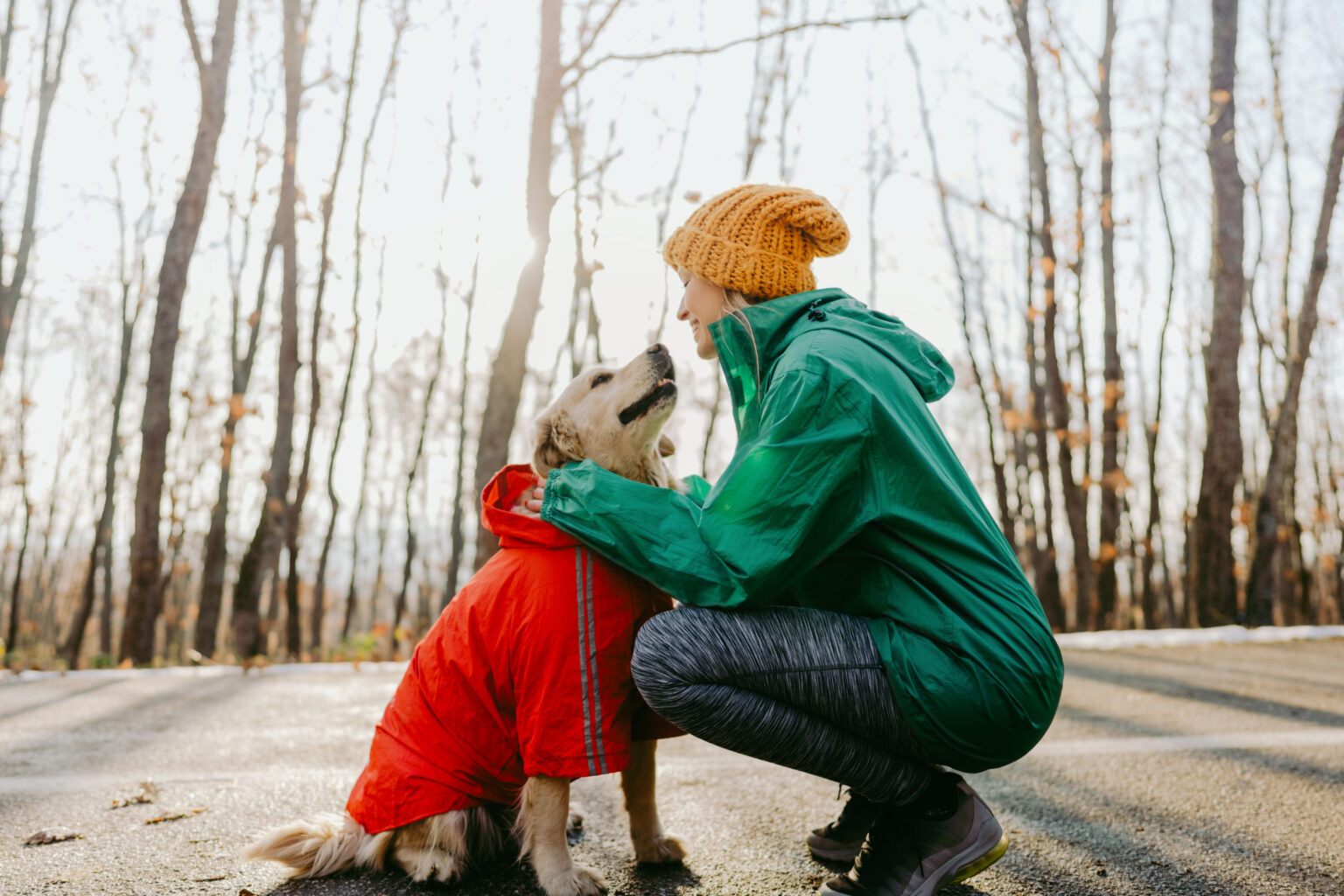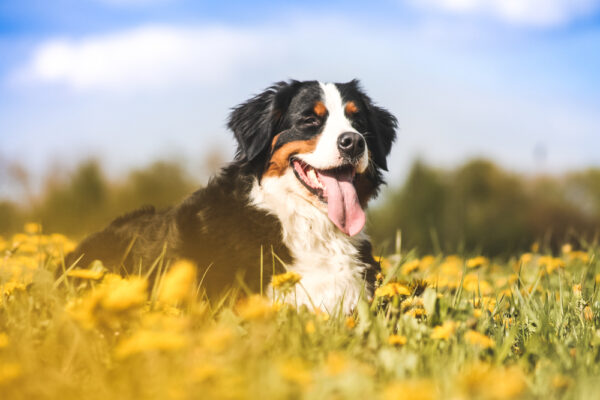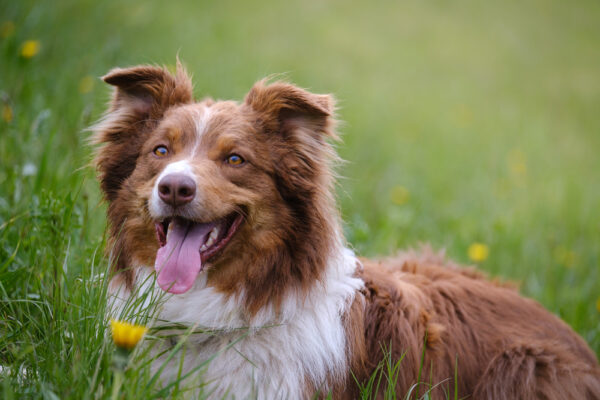While we take on the colder months with big coats, heavier duvets and thicker socks, our furry friends might not be feeling quite as cosy or comfortable. Even though they have their very own fur coat, it’s worth taking a few extra steps to make sure they stay healthy and active this upcoming winter.
Paws for thought
Some dogs are blessed with more fur than others, and if this is the case, you should (carefully) cut around their paws to stop ice balls from forming between their pads and toes, which can be very painful. Remember, regular trims will help.
When roads are gritted or salted during the winter months, you might also want to consider a new route. But if you do happen to walk through rough terrain, make sure you thoroughly wipe their paws when you return to remove anything harmful that might have lodged in their footpads, avoid any irritation and stop them from licking it off themselves.
Home and away
As the weather turns, your pet might be less interested in leaving the house. If this is the case, keep them mentally stimulated with games and indoor toys.
When possible, though, walking your dog should still be a regular occurrence during the colder months, and you should continue to let your cat outside as often as they need, but be sure to give them a place of refuge when they return. A good-quality bed to warm up and relax after a period outside will keep them comfortable and help them recover quickly. It might even be worth moving it to a warmer part of the house during the winter. And if they’re particularly chilly, a pet blanket can help, too.
For cats, a cat flap during the colder months is ideal, giving them the freedom to come and go as they please; and the flexibility to pop out to do their business as and when they need to.
Accessories to the rescue
So, you’re ready to walk your dog, but it’s dark and drizzling outside. Here’s a little pep talk for you: staying active in the winter is all about preparation. Stock up on winter staples, like flashing lights, a retractable lead (great to help your dog remain visible in the dark and be free to roam) and jumpers and coats to keep the chill out.
For older and wiser pets, the winter months can be harder to endure, particularly if they suffer from arthritis or stiff joints. Keeping them warm and active, and staying on top of supplements, can aid this. Remember, gentle exercise is best. But if nothing else seems to work, you may need to turn to your vet for guidance.



